Turning Waste into Wealth, Empowering Communities, and Protecting the Planet
Our recycling model has a strong social impact
Our recycling model has a strong social impact
At Rayrolt Environment and Recycling Services, our recycling model is rooted in the circular economy, focusing on the collection, processing, and transformation of plastic waste into valuable resources. Our unique approach not only diverts waste from landfills but also creates jobs, empowers local communities, and stimulates sustainable economic growth in Ghana.
We engage directly with local communities—especially unemployed youth and women—to collect plastic waste, particularly PET (Polyethylene Terephthalate) and LDPE (Low-Density Polyethylene). Instead of treating waste as trash, we buy recyclable plastics from these individuals and groups, thereby:
• Providing income-generating opportunities for marginalized populations.
• Creating a decentralized network of waste collectors.
• Encouraging community participation in sustainability efforts.
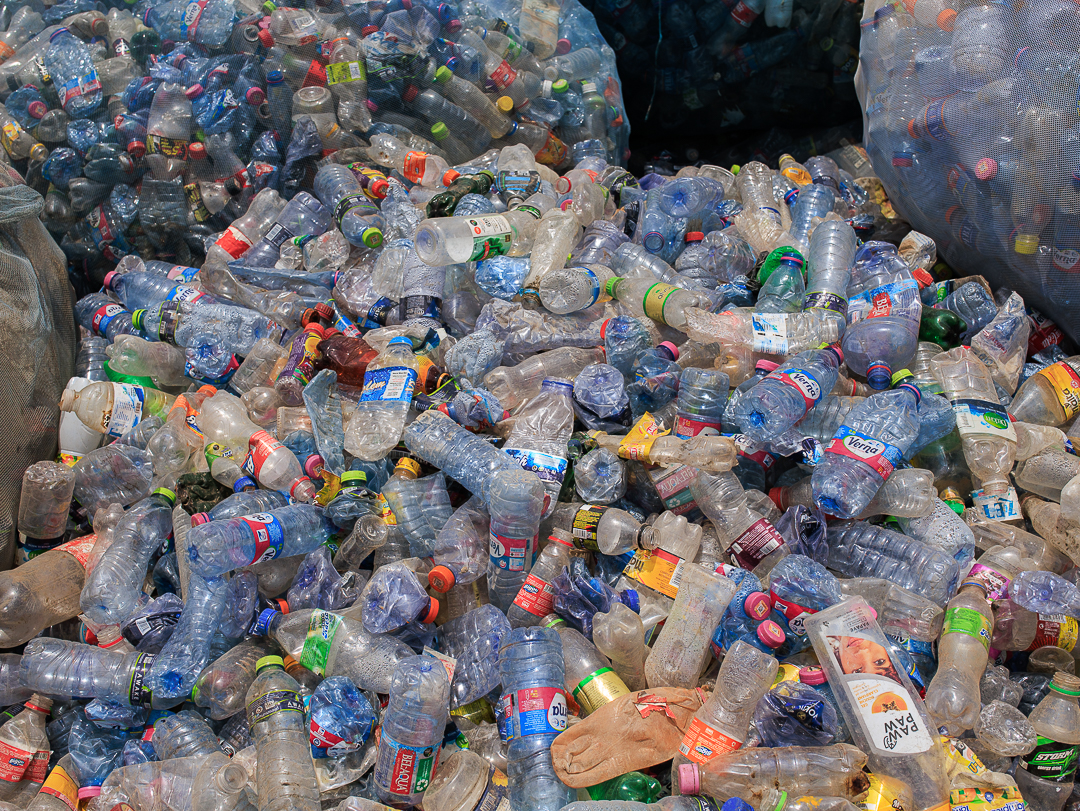
Once the waste is collected, it is transported to our recycling facility, where we:
• Sort the materials by type and quality.
• Crush and bale PET plastics into compact bundles for shipment.
• Shred LDPE plastic into flakes for industrial reuse.
These processed materials are then exported to global markets or supplied to local industries as raw input for further production. This process reduces the volume of plastic going to landfills and lowers environmental pollution.
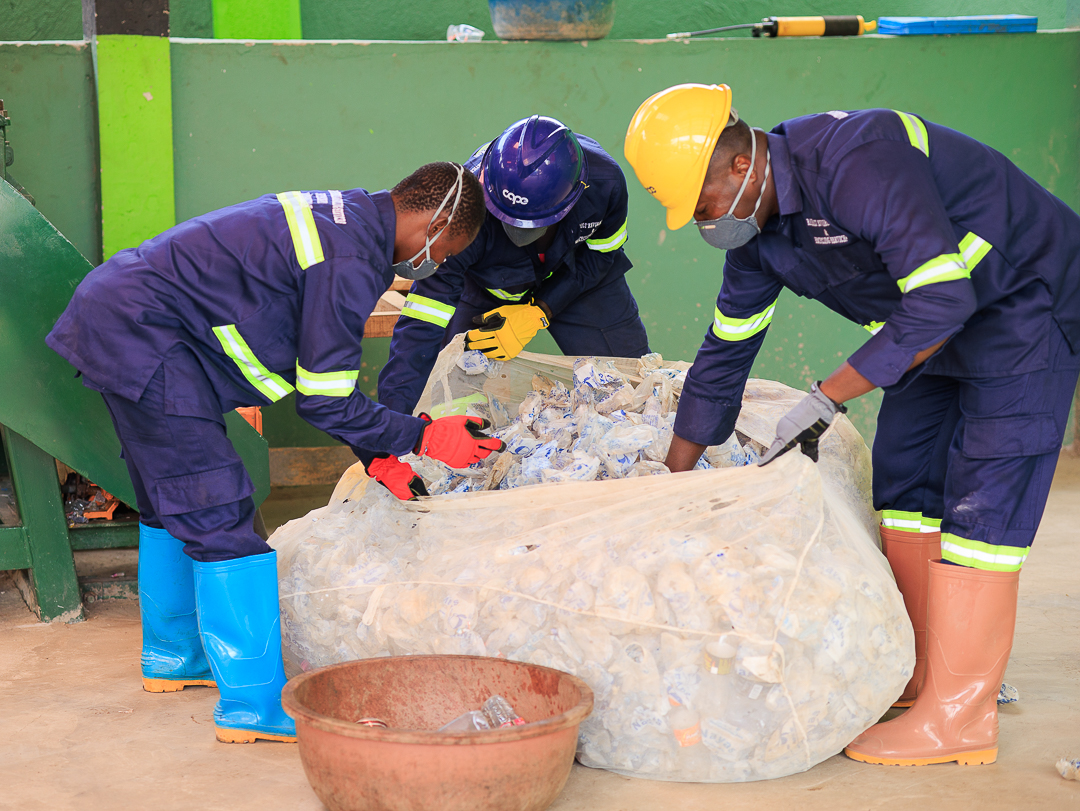
After processing, Rayrolt sells the baled plastic waste to specialized recycling companies, where it undergoes further transformation into plastic
pellets (raw materials for new plastic products). These pellets are used by:
‣ Manufacturing companies that produce plastic-based products.
‣ Packaging industries seeking recycled plastic materials.
‣ Companies involved in sustainable product development.
This stage of the business model ensures that plastic waste is completely reintegrated into the economy, supporting the circular economy model
where materials are continuously reused rather than discarded.
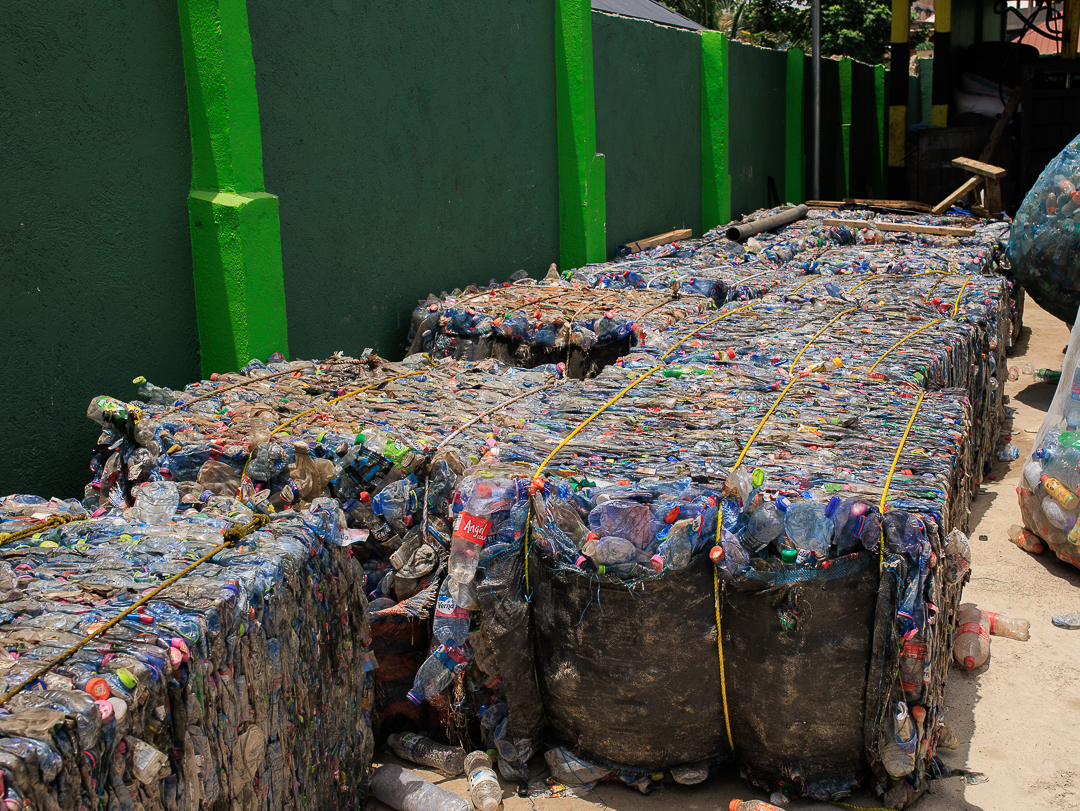
Our business model has a strong social impact component, centered on:
• Job creation – Through sorting, collection, and plant operations
• Skills training – Equipping youth and women with experience in environmental management
• Community empowerment – Supporting grassroots involvement in sustainability initiatives
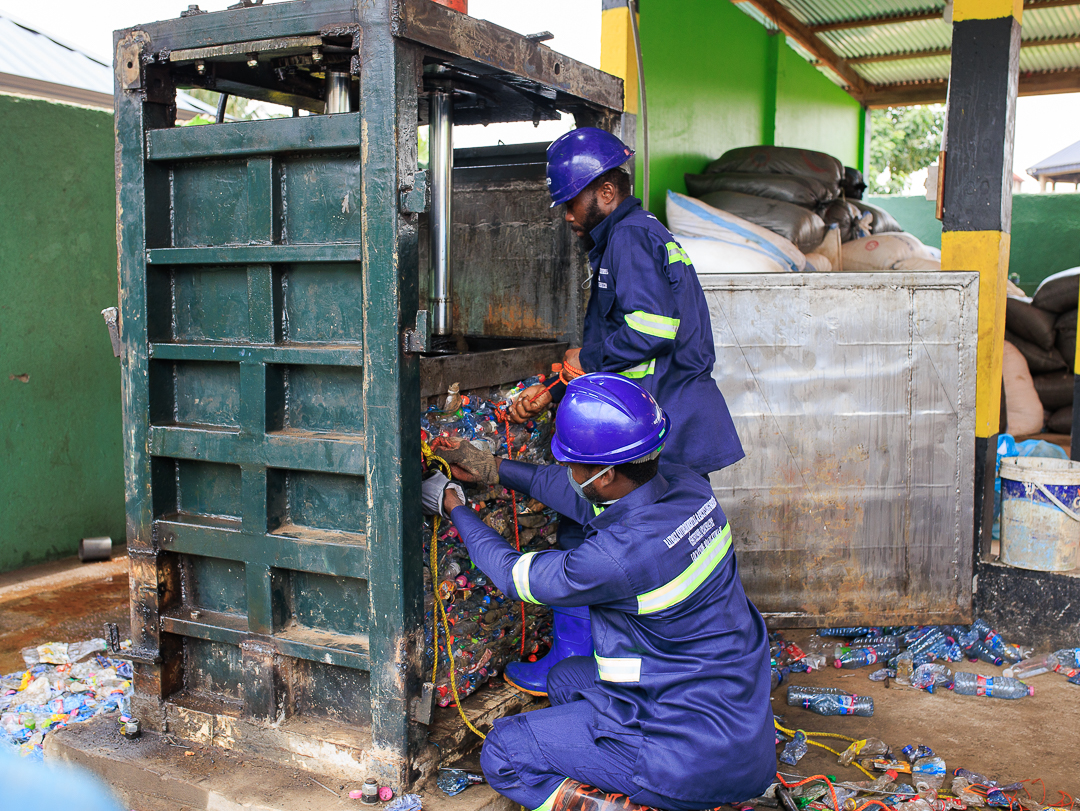
We engage directly with local communities—especially unemployed youth and women—to collect plastic waste, particularly PET (Polyethylene Terephthalate) and LDPE (Low-Density Polyethylene). Instead of treating waste as trash, we buy recyclable plastics from these individuals and groups, thereby:
• Providing income-generating opportunities for marginalized populations.
• Creating a decentralized network of waste collectors.
• Encouraging community participation in sustainability efforts.

Our business model supports Ghana’s national goals by:
• Reducing pressure on landfills and pollution
• Supporting the green economy and local entrepreneurship
• Contributing to the UN Sustainable Development Goals (SDGs), particularly SDG 12 (Responsible Consumption and Production), SDG 8 (Decent Work and Economic Growth), and SDG 13 (Climate Action)
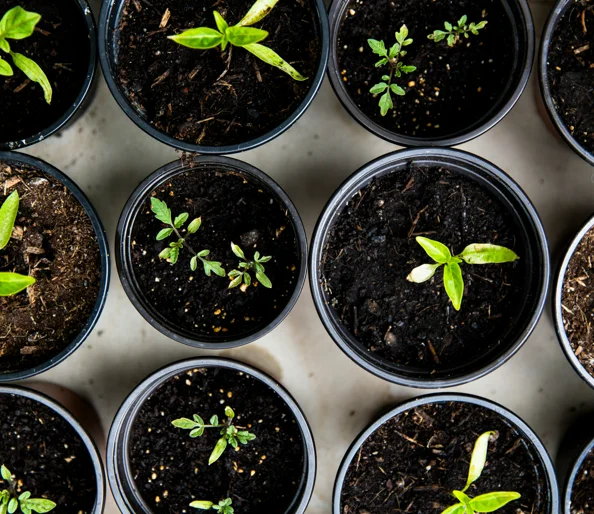
Rayrolt’s business model is sustainable, inclusive, and scalable. We are constantly evolving and are open to strategic partnerships, investment opportunities, and joint ventures that will help us scale operations and maximize impact.
Interested in working with us or investing in our vision?